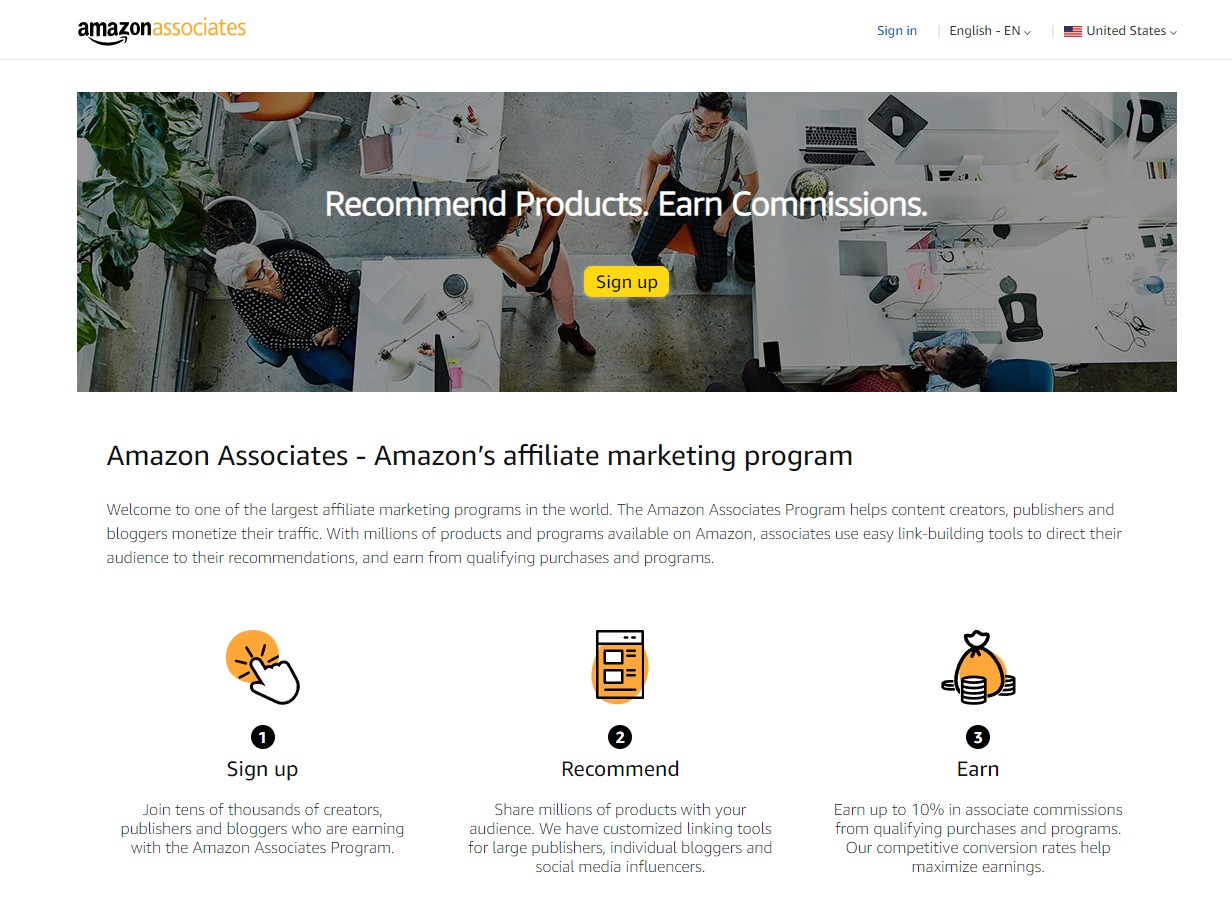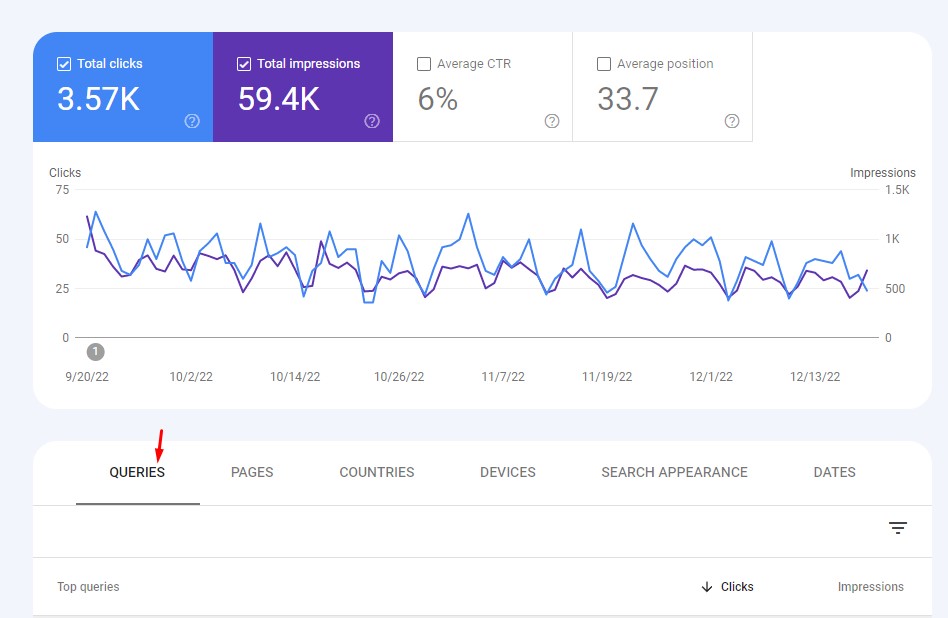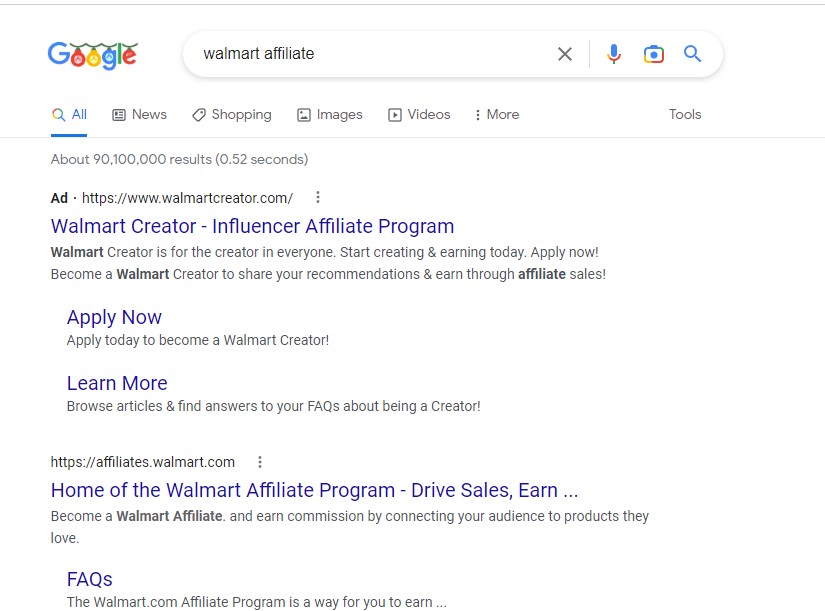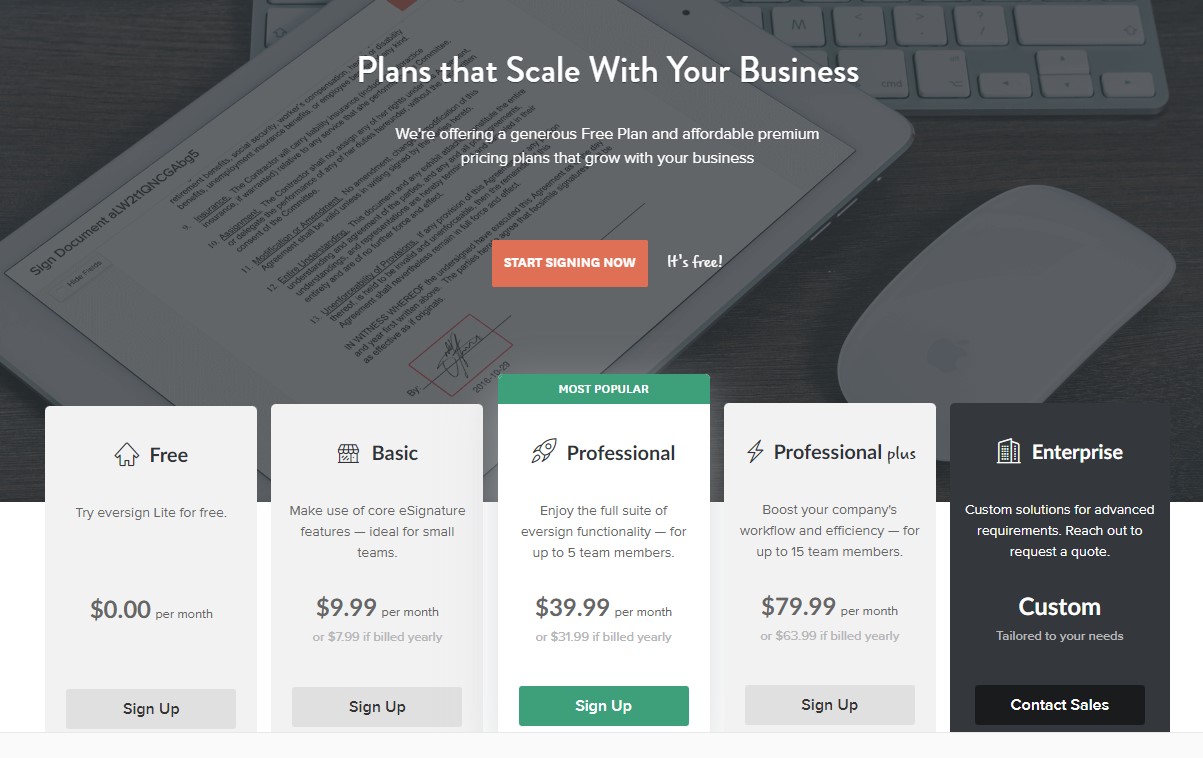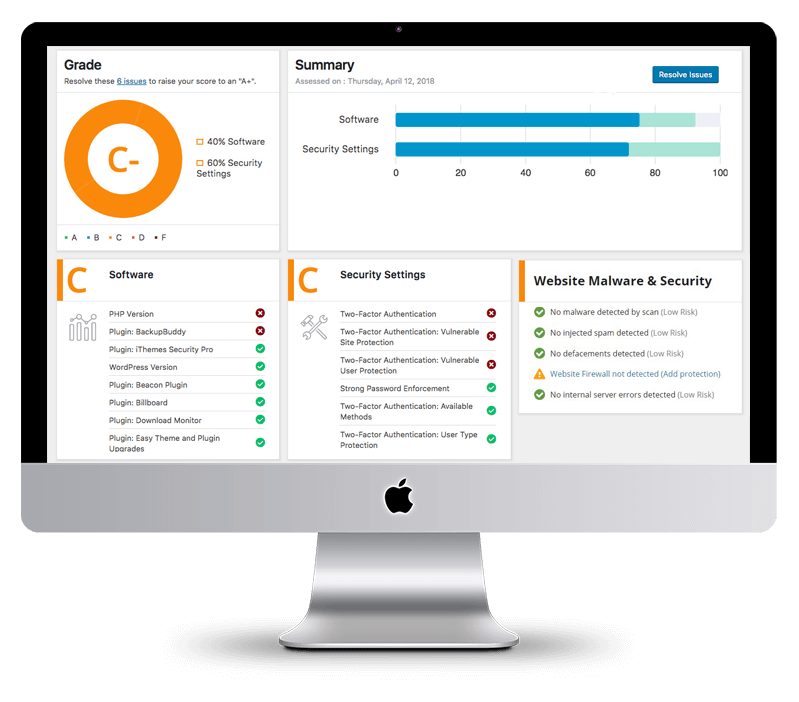WATCH THE VIDEO:
If you own or manage a business, you probably already have a website where visitors can get basic info about your company. While the main goal of your website is and should be, selling your primary products or services, many clients we’ve talked to didn’t realize it’s also possible for their website to generate passive income for them.
In this article, we’ll explore several ways our clients have been able to generate passive income with their company website.
While the best approach for your business will depend on your area of expertise and target audience, there are some common approaches we’ve identified. We’ll explain these approaches and also give you some pointers on how to get started with implementing them.
Affiliate Marketing
Affiliate marketing is when you get a commission each time you sell another companies products or services. Often our client’s blogs will get all sorts of traffic from all over the country or even other countries. Many of these website visitors aren’t looking for the main products or services these companies provide, but the visitors might find a specific blog article helpful. In this case, the client could add some affiliate links to products within the blog post that would be helpful to those specific users. If any of those users then click the affiliate link and make a purchase, then the company earns a commission.
For example, a law firm that specializes in estate planning could include links to books on estate planning through Amazon’s affiliate program.
The firm could also include links to online legal services that provide estate planning documents, such as Legalzoom, and earn a commission for each sale made through those links. By including these links on its website, the firm can generate passive income by simply directing visitors to the relevant products and services of complementary businesses (that aren’t in direct competition).
There are many potential benefits to affiliate marketing for a law firm’s website. For example, it allows the firm to earn passive income without having to invest in creating its own products or services. It can also help the firm to build relationships with other businesses in its industry and potentially drive additional traffic to its website through those relationships. Additionally, affiliate marketing can be an effective way for a law firm to provide value to its visitors by directing them to high-quality products and services that are related to its area of expertise.
To get started with affiliate marketing, here are a few basic steps we recommend;
1. First, check which of your blog posts is getting significant traffic from search engines using a free tool like Google Search Console.
2. Once you’ve identified the high-traffic articles, then think about the intent of the users who are visiting those articles. Often you can infer this by looking at the “queries” section of Google Search Console, which shows the search terms they’re using to find your articles. In this illustration, the red arrow points to the “Queries” tab in Google Search Console.
3. Once you understand their intent, then you can think of third-party products or services that might interest them. Check if those companies have affiliate programs by simply typing in “[business name] affiliate” into a search engine. The example below shows a search for “Walmart affiliate” and returns results for their affiliate program.
4. Once you’ve found a relevant product with an affiliate program, you can sign up for that program to generate your custom affiliate link. Then simply edit your blog article, and insert the link naturally into the content of the article as your personal recommendation.
5. It’s a nice gesture to add a note somewhere on your website that your site may contain promotional and affiliate links to other products and services so that everything is transparent with your visitors.
Subscription Services
A subscription service is a type of recurring revenue model in which a customer pays a regular fee (usually monthly or yearly) in exchange for access to a service or product.
For example, if your law firm specializes in employment law, you could offer a subscription service that provides access to premium content, such as legal guides, webinars, or online courses about employment law topics. You could also offer a subscription service that provides access to one-on-one consulting or coaching services with a lawyer on employment law issues, however, this isn’t quite as passive. In the following example, this company uses a yearly subscription model for exclusive access to members-only content.
By offering these subscription services on your website, you can generate passive income by providing valuable content and services to your customers on a recurring basis. This type of recurring revenue can be a more predictable and stable source of income compared to one-time sales, helping to provide a foundational cash-flow to stabilize your business and cover operational costs.
One example is the law firm of Eversign, which offers a subscription service called Eversign. Eversign is a legal document library that provides access to a wide range of customizable legal documents, as well as personalized support from a team of lawyers.
By offering this subscription service on their website, the Eversign team is able to generate a more predictable and stable source of income on a recurring basis. The subscription service also allows the firm to build long-term relationships with its customers, and provide ongoing support and assistance to help them with their legal needs. Additionally, the subscription service allows Eversign to differentiate itself from its competitors, and provide additional value to its customers beyond traditional legal services.
Selling Leads/Referrals
Another source of passive income from your company website is selling leads or referrals to other businesses. Why would you want to sell a lead instead of fulfilling it with your own services? There are many reasons that a prospective customer might not be a good fit for your own company;
- They might be outside your service region
- Their budget might be too low for you
- There might be a language or cultural barrier
- You might not offer the specific type of product or service they need
In these and similar cases, you could generate passive income by selling these leads to a business that’s a better fit for that customer.
For example, if you own a local plumbing company, you could generate passive income by selling leads for customers who are in the next town over, too far for you to service profitably. You could collect these leads through your website and then sell them to another plumbing company that’s geographically closer to the customer.
Image by Freepik
By selling these leads, you can generate passive income without having to invest in providing the services that the leads are looking for. This also provides a benefit to these potential customers. If you simply turn them down, they are left to call one company after another looking for someone who can serve them. Instead, you can refer them directly to a company that you know is a good fit and whose services you know and trust.
This also helps you to build relationships with other businesses in your industry, and potentially drive additional traffic to your website through those relationships through strategies like local link building.
You have several options for selling leads or referrals. Some possible avenues for selling leads include:
Online Platforms
There are many online platforms that allow businesses to buy and sell leads. These platforms provide a marketplace where businesses can connect with each, allowing you to easily find buyers for your leads.
- Lusha is a good choice for small companies looking for a free source of basic lead generation.
- Salesfully is a good option for small businesses engaged in B2C selling.
- UpLead is a great database of leads for businesses seeking high-end intelligence on B2B leads.
- D&B Hoovers is the best place to get qualified B2B leads based on buying intent.
- LinkedIn Sales Navigator is the best overall lead provider for businesses looking to connect directly with key decision-makers.
- FindEmails.com is ideal for sales teams looking to purchase lead lists with prospect email addresses.
Industry Associations
Many industries have professional associations or trade organizations that can be a good place to sell leads. For example, if you own a law firm, you’re likely part of your state BAR association.

Image by pressfoto on Freepik
You can use this network to sell your leads to other members of the association who are looking for new customers.
Direct Marketing
You can also sell leads directly to other businesses that may be interested in the services you offer. This could involve contacting businesses in your area that offer complementary services and offering to sell them leads for customers who are looking for their services.
There are many options for selling leads or referrals. The best approach will depend on your industry, location, and target audience, and you may want to try several different methods to see which ones are most effective for your business.
In conclusion, there are several ways that your company website can generate passive income. You can promote other companies’ products through affiliate marketing links, create subscription services by offering a product or service on a recurring payment basis, or sell leads and referrals to other businesses. By following the steps outlined in this article, you can turn your business website into a passive income-generating machine!

Levi is the Founder & CEO of Hog The Web, a web design and WordPress services company delivering high-performance websites since 2015. With over a decade of hands-on experience in building, maintaining, and securing websites, Levi leads his team with a focus on craftsmanship, reliability, and long-term client partnerships. Outside the web world, he’s passionate about nature, sustainable living, and giving back through local non-profits and youth education.


